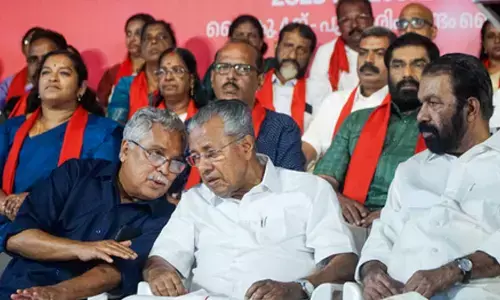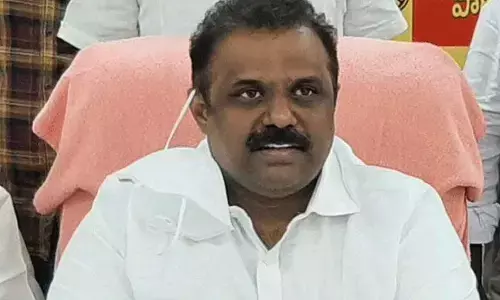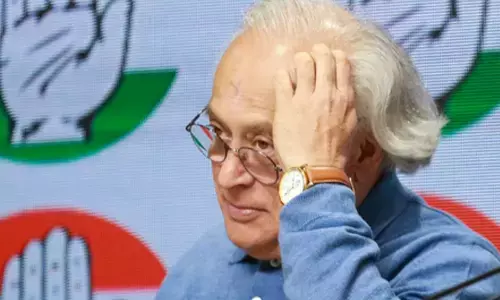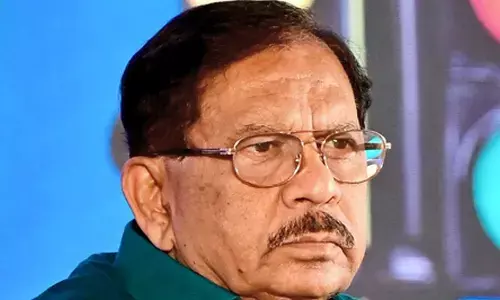Grounding the Budget
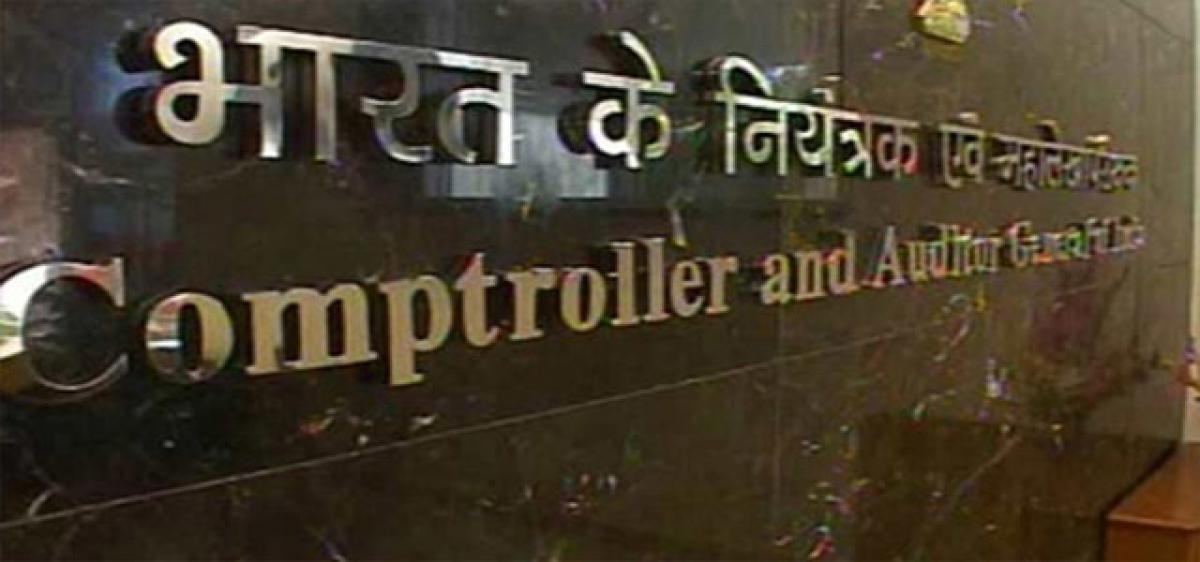
Governments spend lakhs of crores every year as legislatures approve appropriation bills. But, how much money is actually spent for whom it is intended for? The Comptroller and Auditor General (CAG) periodically presents performance appraisal.
Governments spend lakhs of crores every year as legislatures approve appropriation bills. But, how much money is actually spent for whom it is intended for? The Comptroller and Auditor General (CAG) periodically presents performance appraisal.
Often such invaluable reports are laid on the table of the houses in the last hour of the last day. Political acrimony clouds any serious discussion on the findings of such educative reports. The Public Accounts Committees (PAC) that are meant to review the reports are often bogged down in partisan politics.
The casualty of all this is the quality of public expenditure and outlays not matching outcomes. Legislature should find time to seriously take stock of this so that the tax payer’s money will be judiciously spent.
Good governance is vital for effective implementation of welfare schemes and development programmes announced in the budgets.
The recent past has seen a dramatic rise in allocations for programmes aimed at social inclusion. It‘s a result of deepening of democracy and social churning impacting polity. However, as the approach paper to the 12th plan itself noted, there are growing complaints about implementation.
The poor and the vulnerable are not adequately empowered to fully access the programmes of government. We have moved from enfranchisement to entitlement. Now, it’s time to move towards empowerment.
Higher levels of quality consciousness and quality enforcement are essential. This can only be possible by effectively devolving responsibilities and making them accountable. There is no reward for efficiency and no punishment for failure in government, disincentivising governance structures.
Every programme should aim at certain tangible results and a periodic assessment is needed to accomplish them. Empower the local institutions that are endowed with the task of implementing these programmes. Functions, funds and functionaries should be transferred to rural and urban local bodies.
These local democratic institutions should be allowed to function as local self governments. Project management capabilities have to be substantially improved for timely delivery of programmes.
People’s participation is essential for effective implementation. Other local level institutions like water users associations, school management committees, etc., should be strengthened.
Professionalism and capacity building in government machinery are vital for harnessing the power of these programmes for public welfare. Partnership with civil society will help in social mobilisation for effective governance. Synergy of the state and the civil society should truly be harnessed.
Various ministries act as silos impairing inter-departmental coordination. This results in wastage of resources and creates bureaucratic rigmarole. Related government departments and schemes should be integrated to create a better impact. For instance, housing, water supply, sanitation, etc., can be converged to form habitat development programme.
Proper alignment of different initiatives is needed to make the programmes meaningful. For instance, livestock development should include livestock distribution, fodder production, development of grazing fields, animal health, research and development to create better varieties of fodder seed, cattle varieties, marketing of livestock products, value addition etc.
Creative deployment of information and communication technologies can significantly help in monitoring the implementation of these schemes. Independent and concurrent evaluation can improve monitoring. Success stories of good governance should be disseminated for others to learn. Best practices need to be inculcated.


